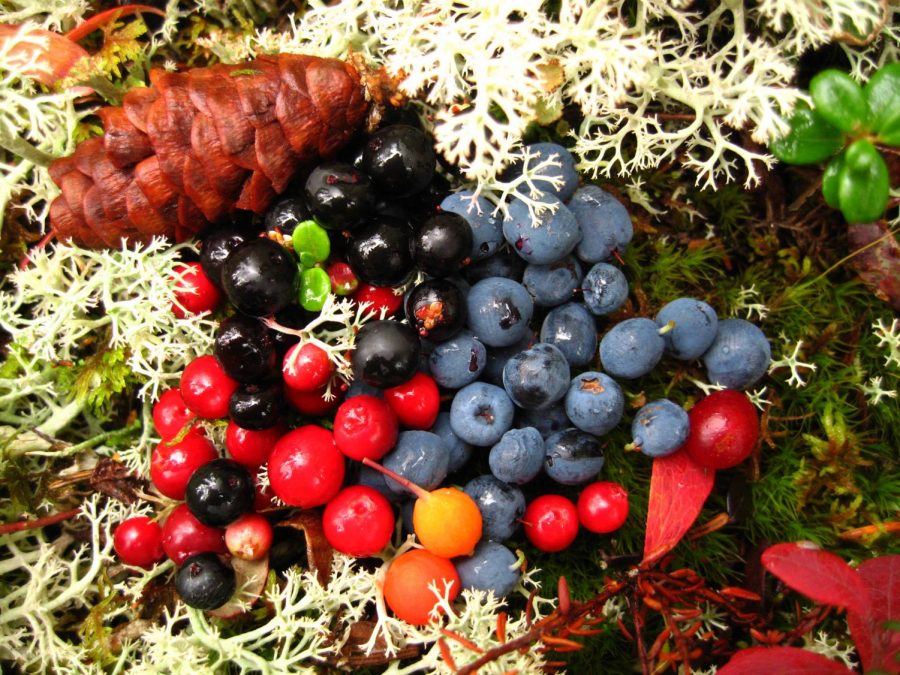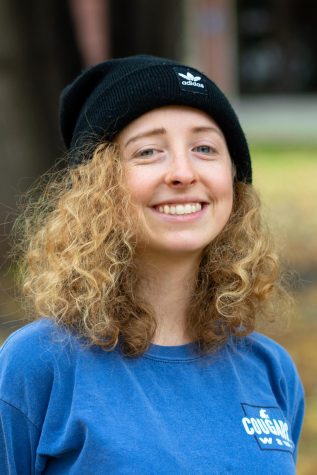A ‘berry’ important research project
Fruit characteristics studied include quality, texture, appearance, chemical composition, shelf life and harvestability
The $12.8 million research project is being funded by the USDA’s Specialty Crop Research Initiative and led by North Carolina State University. Berries will be bred by various staffing and molecular tools.
February 14, 2020
WSU researchers are examining ways to alter genetic traits and breed berries in order to grow better, tastier varieties.
Lisa DeVetter, WSU Department of Horticulture associate professor, said the Vaccinium Coordinated Agricultural Project (VacCAP) was created to develop DNA-based tools which will produce high-quality varieties of blueberries and cranberries.
“Growers can benefit from it and consumers can enjoy it,” she said.
The USDA’s Specialty Crop Research Initiative is funding the $12.8 million project, which is led by researchers at North Carolina State University. According to the VacCAP website, stakeholders include breeders, scientists and trainees.
The money will go toward breeding approaches, which require various staffing and molecular tools, DeVetter said. It will also contribute toward socioeconomic work with other institutions to monitor how consumers react to the berries.
The VacCAP will continue for the next four to five years and there is potential for there to be additional projects conducted by research partners.
Having superior varieties is the cornerstone for a successful industry. Blueberries and cranberries have not had the tools and research coordination dedicated to them like other crops have, DeVetter said.
The project is divided into five parts: establishing DNA tools, linking DNA to fruit characteristics and quality, delivering DNA markers, assessing the fruit’s economic value and evaluating the research, according to the project website.
Scientists are looking for traits in the fruits’ genome to find which traits correlate with important fruit qualities, she said. The fruit characteristics and qualities they are examining include texture, appearance, chemical composition, shelf life and harvestability.
Developing genetic tools can make breeding for traits easier and more efficient, DeVetter said. They will also examine pyramiding, which involves taking multiple traits and combining them into a single variety. This will enable breeders to make quality fruit and add to its market value, she said.
DeVetter is leading extensions activities for berry breeders and industry partners. Karina Gallardo, WSU economic sciences associate professor, will lead consumer-oriented research. Dorrie Main, WSU professor of bioinformatics, will maintain a Vaccinium database for the project.
WSU researchers are also teaming up with scientists from various academic institutions within the nation, as well as with partners abroad in Italy and New Zealand, DeVetter said. Blueberries are growing in global appeal and scientists are sharing information on how to optimize growing techniques.
This project will improve genetic tools which can impact the agriculture industry as a whole, she said, not just blueberries and cranberries.
“It could have the ability to make every element of production better whether it be in quality [of the fruit] or higher productivity for marketing,” DeVetter said.










